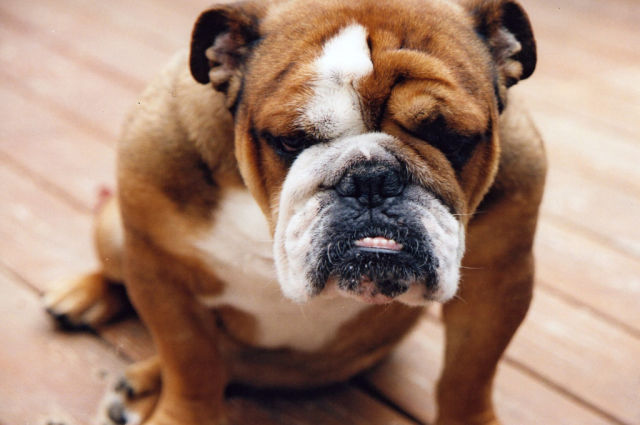Domestication was bad news for doggy DNA
Ars Technica » Scientific Method 2015-12-22

(credit: flickr user: sabianmaggy)
Inbreeding to create purebred dogs has a deservedly bad reputation, as many of these breeds suffer from genetic diseases. But it turns out that it's not the only culprit. A paper in yesterday’s PNAS delves into the differences between wolf and dog genomes to find out exactly how human influence has increased the risk of dangerous mutation in dogs.
When dogs were first domesticated, they underwent what’s known as a population bottleneck. That is, only a small number of ancestral grey wolves formed the starter population for what eventually became dogs. This starter population had only a smidgen of the overall genetic diversity of wolves, and that’s all the genetic diversity that dogs started out with. Then, more recently, humans caused more bottlenecks when they started to selectively breed dogs. This narrows down the pool of genetic diversity even further.
To find out how these bottlenecks have affected dogs, the researchers sequenced the genomes of 46 dogs from 34 different breeds, as well as from 25 “village dogs,” the free-breeding dogs living in human settlements worldwide. They compared this to the genomes of 19 wolves.